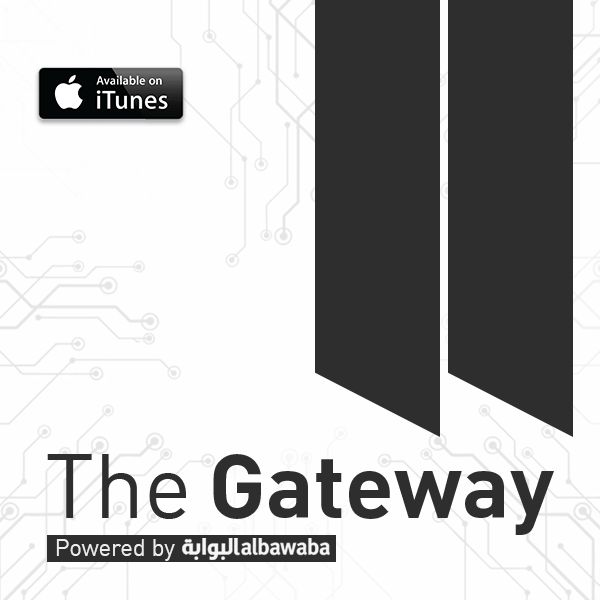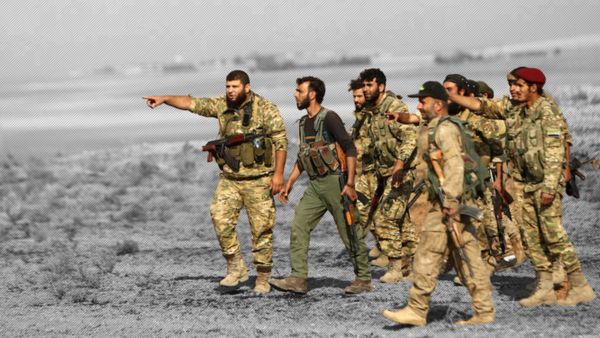It is a baffling sight: one that could not have been foreseen at the beginning of either the Syrian or Libyan wars. Over 2,000 Syrian fighters are currently deployed to Libya, and all signs point to them growing substantially in number.
They are there on the orders of Turkey’s president Recep Erdogan, who has a vested interest in supporting the UN-backed Government of National Accord (GNA), which is currently holed up in Tripoli. The GNA is facing a prolonged assault from a nascent warlord by the name of Khalifa Haftar, who controls a rival government in the country’s eastern regions.
But while the Syrians fight on Turkey’s orders to defend Tripoli, many of those they are fighting against aren’t actually Libyan either. They are Sudanese and Russian mercenaries who have been ordered to spearhead the offensive on Tripoli by Haftar.
The current civil war in Libya, fought between the GNA and Haftar’s Libyan National Army (LNA) seems to have very little to do with Libyans despite the fact that they are its biggest victims—the ones who stand the most to lose. Their homes, livelihoods, communities, and families have all been put at risk, and there seems to be no power willing or able to mitigate the crisis.
Al Bawaba spoke with Jalel Harchaoui, an analyst with the Netherlands-based Clingendael Institute, on how exactly the Libyan conflict mutated into the form it has taken, and how successive failures in the international community is enabling it to continue and expand.
Jalel Harchaoui (Clingendael Institute)
The Libyan conflict, which appears now less as a pure civil war and more of a global staging ground for aspirational hegemons to gain power, is damning proof that the international community is failing to contain violence.
Its particular dynamics are also a sign of things to come in other theaters of war. Unaccountable mercenaries and warlords, a transnational race to gain power through opportunism, and growing human misery. These can all be seen in the ongoing wars in Yemen, Syria and the Ukraine, and they are constitutive features of a conflict where members of the international community have concluded it is more profitable to become warring rather than mediating parties.
Harchaoui calls Haftar’s multifaceted, diverse set of fighting units ultimately “weak,” and unable to persistently galvanize Libyans to fight on Haftar’s behalf. “The overall number of Libyans fighting on behalf of Haftar in Tripoli is very small,” he says. Though Haftar offers money and access to power for those who send fighters to his offensives, he has been unable to garner a consistent indigenous fighting force capable of realizing his ambitious military strategy.
“They kind of decided to roll over,” Harchaoui says. “It basically boiled down to a green light.”
In their stead, Haftar relies on foreign militias and mercenaries, including Russian and Sudanese fighters who function as cannon fodder to his offensives. “I estimate the number of Sudanese fighters engaged on the frontline to be 800-900,” he says
Additionally, Russian-connected mercenaries from the Wagner group number about 2,000. Harchaoui notes that Wagner mercenaries are involved in coordination and advising roles combat, as elite units, snipers. Cautious, opportunistic angle from Kremlin to back Haftar through mercenaries to give Putin plausible deniability for his support of the nascent warlord.
An airstrike strikes ground in Libya (AFP/FILE)
According to Harchaoui, there is a similar lack of control among the UN-backed GNA, evinced by the recent deployment of Syrian militia fighters to Tripoli.
Turkey’s President Recep Erdogan, says Harchaoui, defied requests from GNA officials to send arms and logistical support, and instead has airdropped thousands of Islamist-leaning Syrian fighters to the frontline. The move, which stunned locals and surprised many in the international community, likely reflects Erdogan’s attempt to increase his influence over the GNA government and military.
Much of Libya’s civil war appears uncontained, while international attempts to mitigate its violence and expanding brutality have fallen short.
“The foreign states are not powerless. The few states that could play a diplomatic role refuse to do it. So it’s really about the lack of political desire, or political will.”
Most recently, the major nations involved in the conflict gathered in Berlin and agreed to back an arms embargo, which was immediately violated by both sides. Harchaoui considers the Berlin conference a “majestic failure,” and one that highlights the lack of willingness from international powers to rein in the violence.
What was an attempt to enforce accountability mechanisms for international law violations became, according to Harchaoui, a de facto license for warring parties to continue committing human rights violations with the knowledge they will likely not be held accountable.
“They kind of decided to roll over,” Harchaoui says. “It basically boiled down to a green light.”
“The foreign states are not powerless. The few states that could play a diplomatic role refuse to do it. So it’s really about the lack of political desire, or political will.”
In the absence of international powers seeking to mitigate the war’s damaging effects, opportunistic nations like Russia, Turkey and the UAE have been able to gain durable footholds in the country, ensuring its ongoing political crisis will continue and mutate into the future.
To listen to the full conversation, click here:








